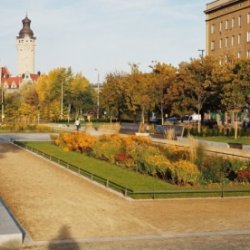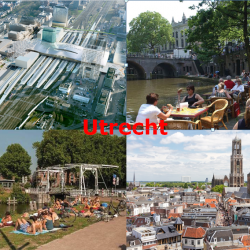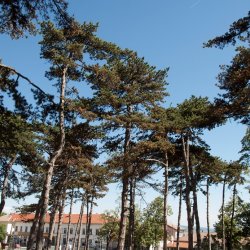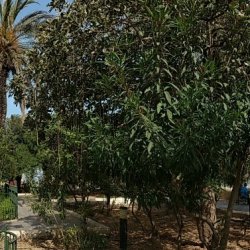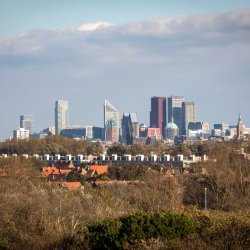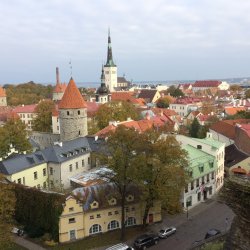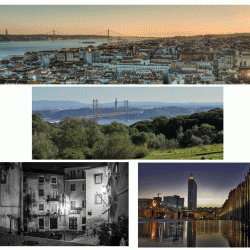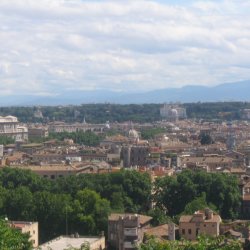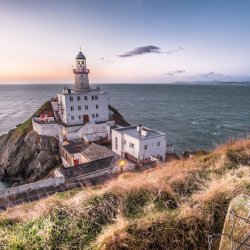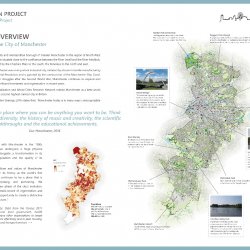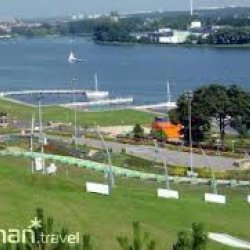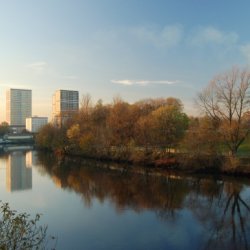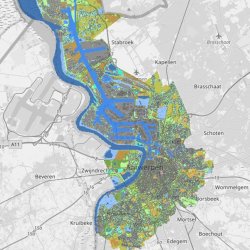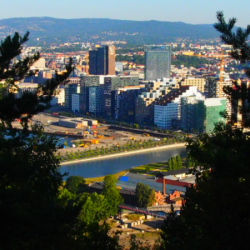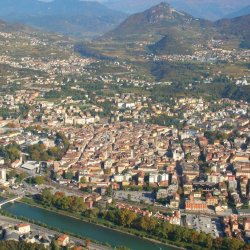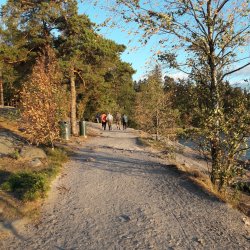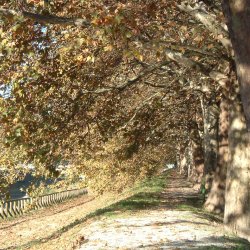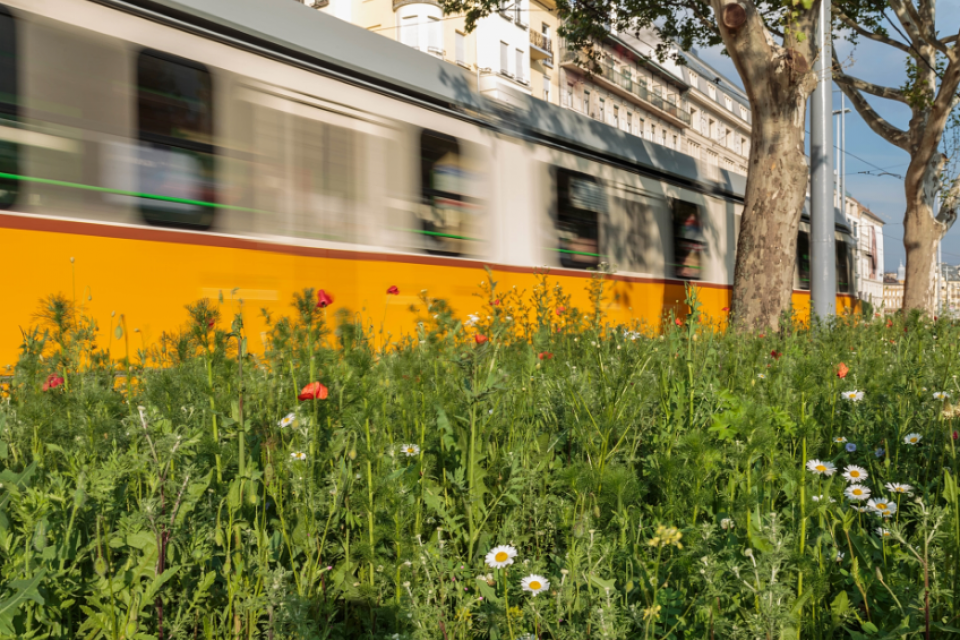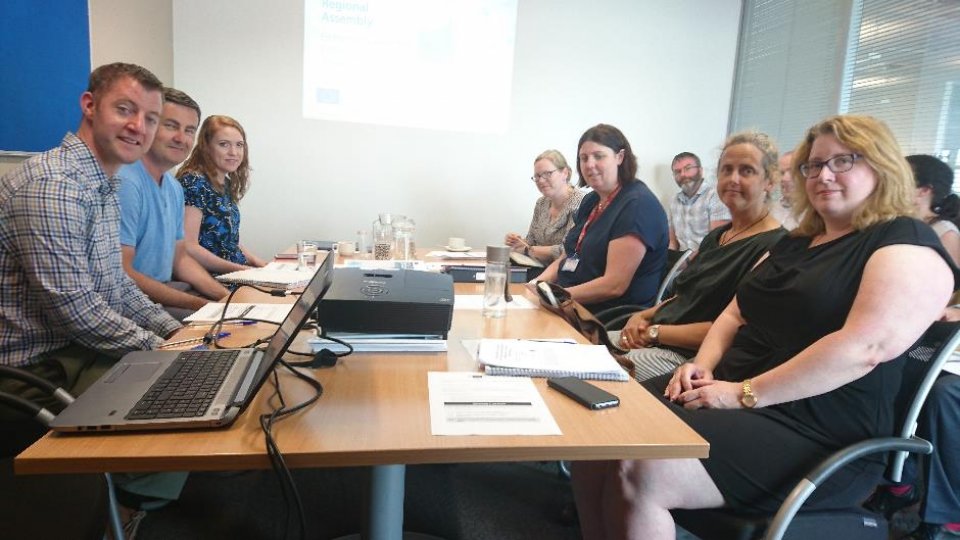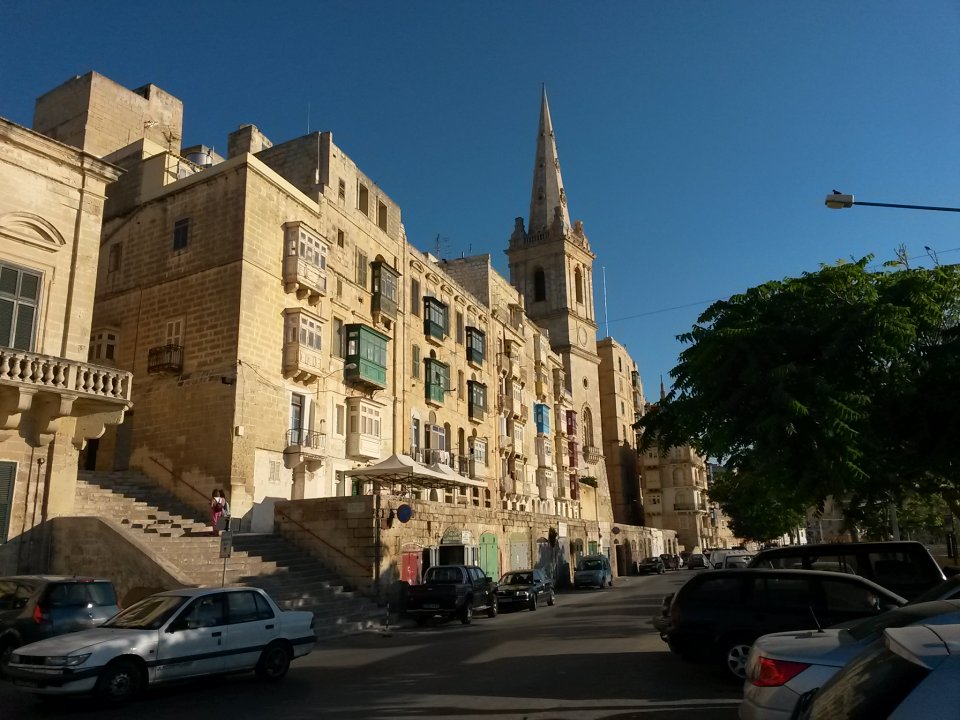EnRoute stands for Enhancing Resilience of urban ecosystems through green infrastructure. EnRoute is a project of the European Commission in the framework of the EU Biodiversity Strategy and the Green Infrastructure Strategy. EnRoute provides scientific knowledge of how urban ecosystems can support urban planning at different stages of policy and for various spatial scales and how to help policy-making for sustainable cities. It aims to promote the application of urban green infrastructure at local level and delivers guidance on the creation, management and governance of urban green infrastructure. Importantly, it illustrates how collaboration between and across different policy levels can lead to concrete green infrastructure policy setting.
EnRoute
Case studies
Public posts
EnRoute Meeting Sofia
Please keep 24 and 25 April 2018 free in your agenda for the EnRoute meeting. On the first day we organise a conference on urban biodiversity, most likely together with the Bulgarian Presidency and under the umbrella of the EU Green Week. On the second day we foresee an EnRoute workshop focussed on the delivery of the city labs and in preperation of the final event in Brussels during the fall of 2018.
Enhancing urban biodiversity and ecosystem services to make cities more resilient
Pre-announcement EnRoute Conference
Biodiver-City: Enhancing urban biodiversity and ecosystem services to make cities more resilient
Conference in collaboration with the Bulgarian Academy of Sciences.
Sofia, 24 April 2018
Background and objectives
If we think about nature conservation or increasing essential ecosystem services we usually think of protected areas, conserving valuable ecosystems such as forest and wetlands, or maintaining rural landscapes....
How EnRoute can help the impact evaluation framework for nature based solutions
How can EnRoute support the impact evaluation framework for nature-based solutions (IEF-NbS)
Context
The EKLIPSE framework has delivered a set of indicators which can be used to monitor how nature based solutions address different societal challenges[1].
The MAES urban ecosystems indicator framework[2] is designed to measure the condition and services of urban ecosystems. It was developed in conjunction with 10 cities...
EnRoute meeting for local authorities in Dublin: brief summary report
The EnRoute city lab of Dublin has met with local authorities on the 21st of June. A brief report of the meeting is available here.
Key points of the discussion:
- There was a general agreement on the benefits of a standardised approach to Urban Green Infrastructure (UGI) assessment and that the framework and indicators from EnRoute could potentially be useful for local authorities.
- Ownership of UGI is an issue, a large proportion of UGI is in private ownership (private open space). Much ...
Skype meetings with the city labs
Dear colleagues,
I started a serie of skype meetings with the city-labs with the objective to coordinate the local activities.
City labs that participated so far:
14/07/2017 - Poznan- city lab plan discussed (key issue: city renewal, cultural ES)
21/08/2017- Manchester –
21-24 /08/2017 – TRENTO – Padua city lab plan discussed (key issue: city renewal, cultural ES + regulating)
30-31 /08/2017 - OSLO - city lab plan discussed (key issue: regulating Ecosystem Services)
4/09/...
Mapping and assessment of pollutant removal by urban trees in Rome
Lina Fusaro and colleagues from the La Sapienza University of Rome have mapped the removal of PM10 and ozone by urban trees in Rome, one of the EnRoute city labs, as well as at regional level. They combined high resolution remote sensing data with measured pollutant concentrations to estimate the physical removal of pollutants by trees. A damage cost approach was used to estimate the monetary value associated to pollutant removal. The overall pollution removal accounted for 5123 and 19,074 tonne of PM10 and O3, respectively, with a...
EnRoute meeting in Tallinn: More info to prepare the meeting
Focus of the EnRoute meeting
The focus of the meeting will be on the local city assessments and how cities can contribute to these local assessments. An essential objective of EnRoute is to test the MAES indicator framework for urban ecosystems. This means that we are interested to find out which indicators cities are using at local scale and what sort of data they have available to quantify the indicators. Grazia is leading this activity. Ultimately we are interested to make a cross scale comparision between local and EU datasets of urban ecosystems and...
EnRoute conference Evidence-based planning for greener cities: summary report
On 13 June 2017 the Joint Research Centre and the Institute of Applied Sciences of the Malta College of Arts, Science and Technology organized in collaboration with the Maltese presidency of the EU a conference on evidence-based planning for greener cities.
Here is a link to a short summary report of the meeting.
EnRoute city lab contacts
Here is a list with the EnRoute city lab contacts: https://goo.gl/PFSsM9
EnRoute will attend the Nature-Based Solutions conference in Tallinn
EnRoute will contribute to the conference on Nature-Based Solutions in Tallinn, Estonia. The conference is organised as part of the Estonian Presidency of the EU. The organisers are the Ministry of the Environment of Estonia and the University of Tallinn. The conference will be held in from 24 to 26 October 2017.
More information: http://www.tlu.ee/en/NbS/
EnRoute partners will have the opportunity to show how mapping and assessment of urban ecosystems and their services can support the impact evaluation of nature...

